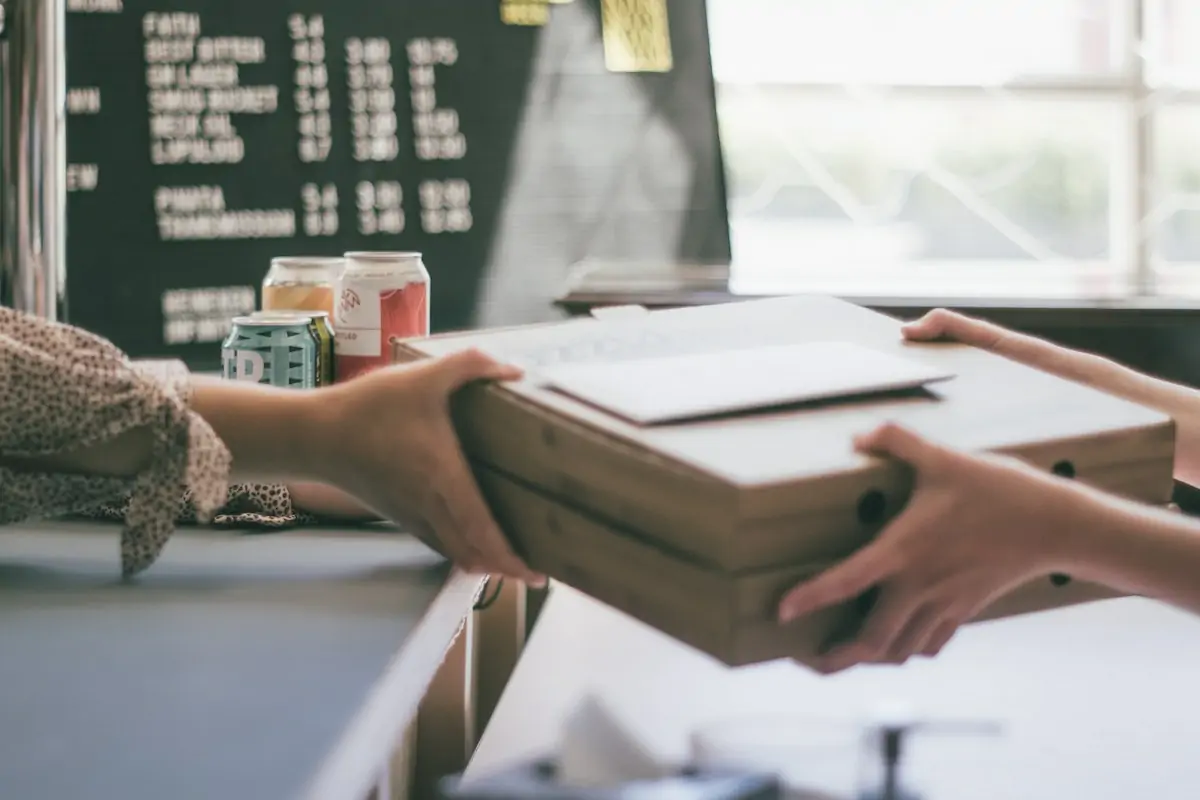
UK taxes you probably never knew you paid
2 Aug 2018Unusual Taxes You Probably didn't Know About
We all hate tax. But I bet you didn't know about the unusual taxes.Since 1973, the UK government has levied a VAT on the price we pay for certain goods and services. Currently, the standard VAT rate is 20%, but there’s also a reduced rate of 5% and a zero rate that can apply instead.
The complexity of the system, as well as the difficulty in changing the rules, means there are a whole host of confusing quirks and strange peculiarities that exist and have put businesses and HMRC at loggerheads over the years.
As a small business accountant, we acknowledge the importance of understanding the depths of the UK tax system and being able to relay concrete, quality tax advisory services to our clients.
With decades of experience amongst our team, it’s needless to say some of the taxes our accountants have come across over the years have been deserving of a second glance or a stare of disbelief.
In light of this, we’ve put together ten items you probably didn’t know you paid tax on.
E-books
Flying in under the radar, taxes on books, magazines and newspapers are silently creeping back almost unnoticed as an increasing number of sales become subject to VAT.
Following the lengthy “taxes on knowledge” campaign back in 1855, tax on newspapers was scrapped by the government. However, the Treasury now estimates this exemption costs north of £1.6bn per annum despite not being applied to digital publications.
For example, if you buy a book for an e-reader or subscribe to an online version of a newspaper or magazine, the standard rate of VAT - 20% - is charged.
In other words, creating a hypothetical tax on learning.
According to reports from Nielsen Book Research, ebook sales in the UK last year recorded a worth of approximately £345m, which equates to £69m in VAT.
Chocolate-covered biscuits
Under UK VAT rules bakery products like bread, biscuits and cakes are classed as essential items and are ultimately zero-rated.
However, biscuits that are entirely or partly covered in chocolate are deemed confectionery and determined to be a standard-rated, luxury item. Weirdly, on the other hand, cakes with a similar coating aren’t.
This peculiarity of UK tax law has led to fierce battles between businesses and HMRC, most famously in 1991 with the Jaffa Cakes case.
HMRC argued that because of their shape and size and because people generally ate them as biscuits Jaffa Cakes should be standard-rated. But McVities, the makers of Jaffa Cakes, insisted they were simply small cakes and should be zero-rated.
The case went all the way to a tribunal, which ultimately ruled in favour of McVities.
Children’s car seats
The Government charges a reduced rate of 5% VAT on children’s car seats and travel systems.
This applies to items like safety seats, booster seats, booster cushions and carrycots with restraint straps that might be part of a pram system.
But it seems odd that this protective equipment, required by law for children up to the age of 12 or 135cm tall, attracts any VAT at all.
There have been various campaigns, most recently led by retailer Halfords, calling for children’s protective equipment to be zero-rated, in the same way children’s clothing is taxed.
Ice cream
From time to time, British summer time can throw up some high temperatures and more often than not these hot days are correlated with empty ice cream freezers - but did you know there’s a tax on your cooling treat?
Frozen foods are zero-rated in the UK. But ice cream, frozen yoghurt, ice lollies and sorbets are subject to standard rate VAT.
HMRC says this is because these types of foods are designed to be eaten while frozen, while the zero-rated category only applies to foods that have to be cooked before they can be eaten or have to be thawed completely before being consumed.
Potato-based crisps
Another weird quirk in the UK’s VAT rules is that potato-based snacks are subject to standard rate VAT, but maize and corn-based snacks are zero-rated.
The peculiarities of this rule led to a high profile battle between Pringles manufacturer Procter & Gamble and HMRC.
In 2008, a High Court judge ruled the unusual packaging shape and the fact that potato content was less than 50% meant that Pringles should be exempt from VAT.
However, the firm ended up owing tens of millions of pounds after the Court of Appeal ruled in favour of the taxman that Pringles were in fact a potato snack.
Double-glazed windows
As a greater emphasis is put on renewable energy and global warming, the government offers a reduced rate of VAT for certain energy-saving installations like insulation, solar panels, wind turbines, wood-fuelled boilers and air-source heat pumps set up in your home.
On the contrary, the installation of double glazing does not qualify for the reduced rate, even though it is one of the most effective ways to improve energy efficiency in properties.
The reduced rate also doesn’t apply to installing an energy-efficient condensing gas boiler or when you buy and fit energy-saving gadgets yourself.
De-shelled nuts
Roasted or salted nuts sold with their shells on, like monkey nuts and pistachios, are zero-rated for VAT.
In a strange twist to the rule, all other roasted or salted nuts that have been de-shelled are subject to VAT at the standard rate.
Fortunately, consumers can avail of a small loophole - you can beat this bizarre tax by going for a mixed assortment.
HMRC says mixed bags containing products containing only a small quantity of standard-rated nuts may be treated as zero-rated.
It states this applies for: “Fruit and nut mixes (including Bombay and similar savoury mixes) where the weight of any standard-rated items, such as sweetened fruits, or pieces of chocolate or roasted nuts does not exceed 25% of the net weight of the whole.”
Gas and electricity
In the UK water bills are standard rated, but gas and electricity for residential domestic use attracts the reduced 5% VAT rate.
Despite energy being an essential utility for homes, the Government has held up this tax, which has had the most significant impact on cash-strapped households over the years.
According to recent figures from the DECC, the average housed pays £1,344 a year for their gas and electricity. So scrapping the tax would save around £67.
Hot takeaways
When it comes to VAT on food, it can be a tricky subject to wrap your head around.
In a nutshell, cold takeaway food and drink is zero-rated for VAT, while hot takeaway food and drink is subject to standard rate VAT.
Hot takeaways have VAT applied if the food is hot at the time it is provided and one or more of the following five tests is satisfied.
So warm pasties and sausage rolls that have been baked and are in the process of cooling down are zero-rated. But a toasted sandwich is subject to VAT.
Female sanitary products
First off the bat is a (unusual) tax completely out of touch with a progressive society and one which instead aligns closer to that of a Third World or developing economy.
In utterly bizarre fashion, sanitary protection products like tampons are classed as non-essential luxury items in Britain.
In years gone by, the standard rate of VAT had actually been applied to these products, and without the hard work of, Labour MP Dawn Primarolo, back in 2000, these items would still be charged with 20% VAT, rather than the 5% rate Ms Primarolo secured in government.
Despite the reduction, there has been a huge push by campaigners to abolish what is effectively a tax on women. To date, a petition to change the tax on these products has achieved over 250,000 signatures.






















